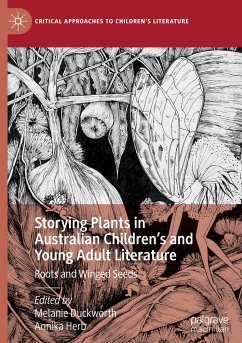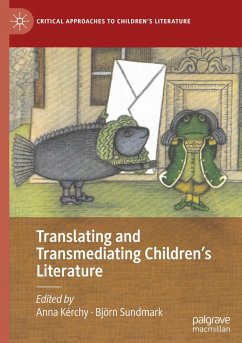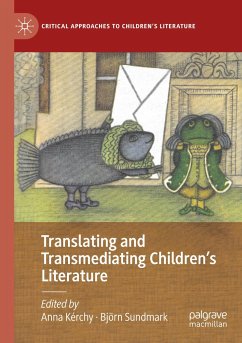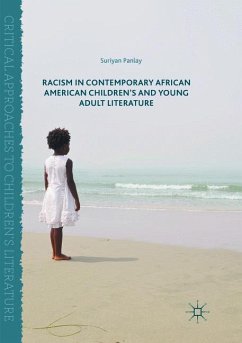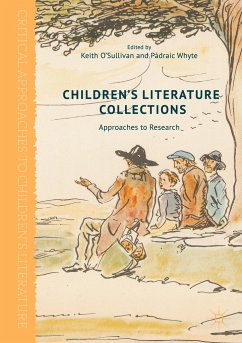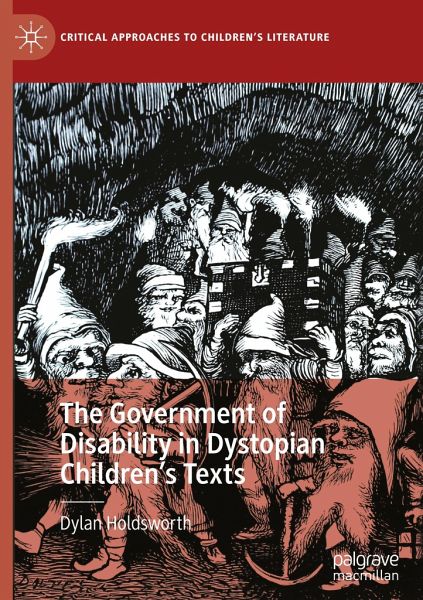
The Government of Disability in Dystopian Children's Texts

PAYBACK Punkte
42 °P sammeln!
This book takes up the task of mapping discursive shifts in the representation of disability in dystopian youth texts across four historical periods where major social, cultural and political shifts were occurring in the lives of many disabled people. By focusing on dystopian texts, which the author argues act as sites for challenging or reinforcing dominant belief systems and ways of being, this study explores the potential of literature, film and television to act as a catalyst of change in the representation of disability. In addition, this work discusses the texts and technologies that con...
This book takes up the task of mapping discursive shifts in the representation of disability in dystopian youth texts across four historical periods where major social, cultural and political shifts were occurring in the lives of many disabled people. By focusing on dystopian texts, which the author argues act as sites for challenging or reinforcing dominant belief systems and ways of being, this study explores the potential of literature, film and television to act as a catalyst of change in the representation of disability. In addition, this work discusses the texts and technologies that continue to perpetuate questionable and often competing discourses on the subject.





